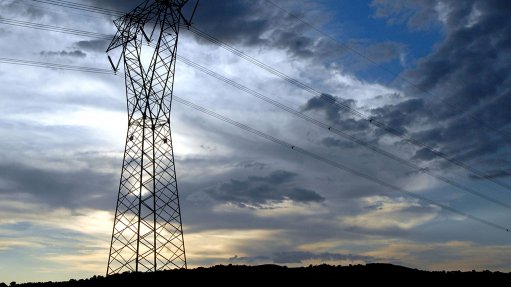
The South African Chamber of Commerce and Industry (Sacci) on Monday encouraged State-owned power utility Eskom to continue communicating with the business community on the status of the power grid over the short to medium term, stating that certainty over power supply was key in ensuring that South Africa achieved optimal levels of economic activity.
Sacci CEO Neren Rau said the need for certainty over power schedules was acute in light of recent suboptimal production levels and seasonal sales.
“South Africa is now emerging from significant economic pressures following the protracted industrial action in the mining and manufacturing sectors. Businesses in these sectors urgently need to use the remaining time left in the year to recoup lost production,” he stated.
Further, in the retail and tourism sectors, the majority of businesses depended on festive season sales to tide them over during slower periods in the first quarter of the year.
“For these reasons, there is a need for certainty over potential power outages so businesses can plan around them,” he said.
Rau stated that Eskom had fostered a culture of open engagement with the business community, adding that the utility should build on its foundation of innovative communication.
“Municipalities sometimes fail to relay regular Eskom notices, so electronic channels of communication like SMS, e-mail or downloadable apps should be used to ensure that the end-users are properly notified of the situation,” he added.
Eskom on Sunday advised that the risk of load shedding over the coming week had increased following the failure of its Majuba power station’s 10 000 t central coal storage silo.
The State-owned utility also indicated that its full summer plan would need to be reviewed and that spates of load shedding were possible until the end of March 2015, owing to the need to persist with a maintenance catch-up programme during the period.
“The success of response to the current crisis depends on transparency in the relationship between Eskom and its users,” Rau said.